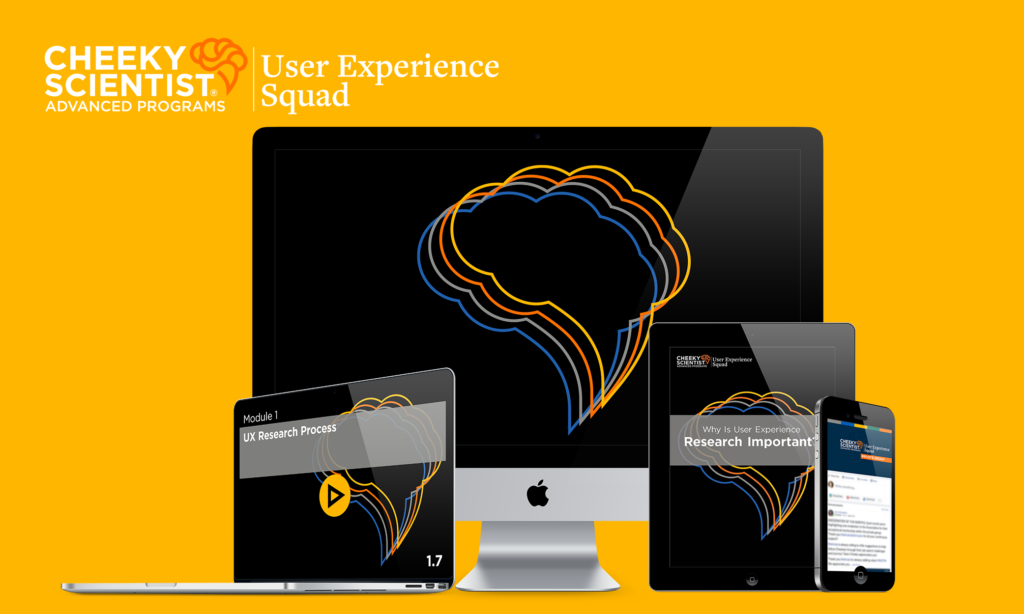
Enjoy A Lucrative Salary And High Personal Fulfillment As You Optimize Company Products For End-Users
Introducing The User Experience Career Library By Cheeky Scientist
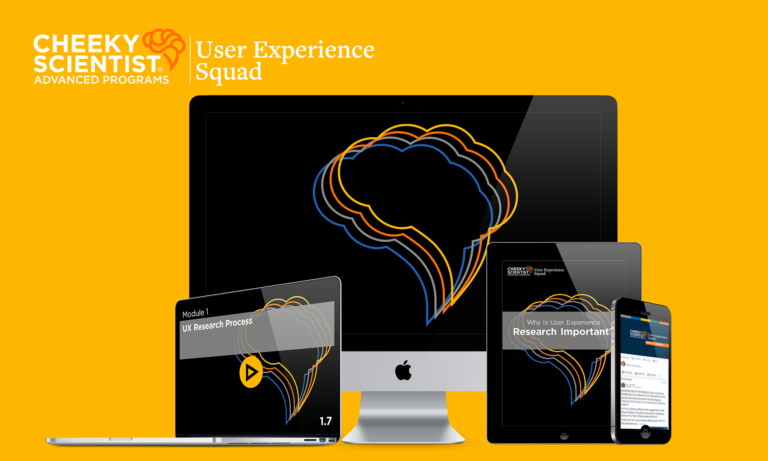
User Experience Career Library
User Experience (UX) is one of the fastest-growing fields in industry. UX Researcher is one of the careers that is surging right now during the recession. The User Experience Career Library guarantees you a career in UX because you get access to all the Cheeky Scientist library materials.
Here’s What You Get Access To When You Become A Cheeky Scientist Association Diamond Program...
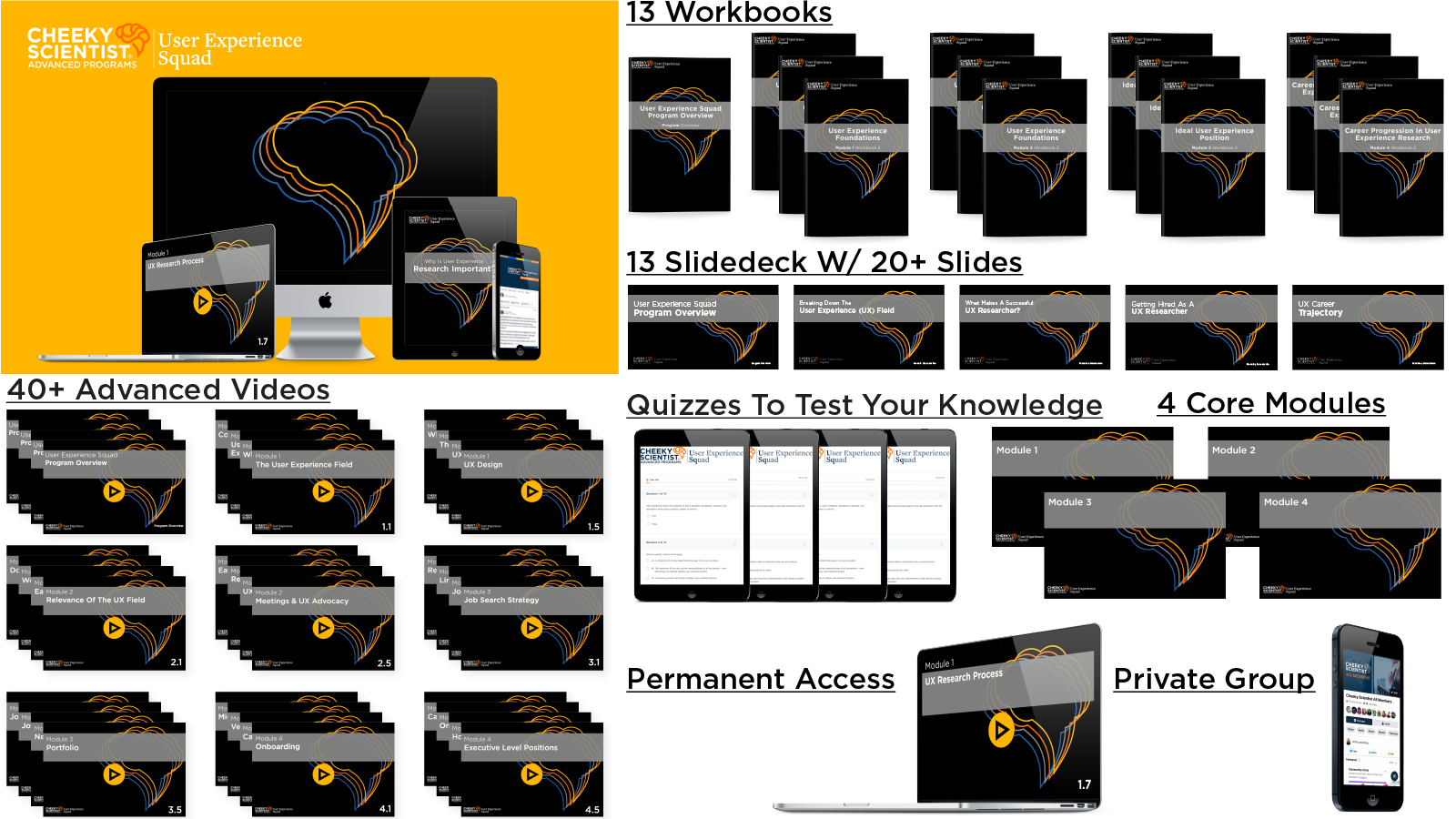

““The UX Career Library offers a very comprehensive overview of the UX process and research methods. This information will help PhDs relate their previous experience with the day-to-day role of the UX researcher position. The materials also give a good view of what a typical day looks like for UX researchers. So, members will come into the UX field with proper expectations. Finally, UX Career Library covers career options that PhDs have into other fields than UX research after working in the field for a while, so that they know their options are not limited to the research career path. Overall the materials will help PhDs wanting to transition into UX research. ””

“The UX Career Library is very well crafted. It gives PhDs detailed information about the abilities needed to transition into a UX research position and how to set a strategy to succeed in your job search and career progression. The career path is very well documented with the resources crisply laid out. The Career Library also gives a useful list of resources that members can use to prepare themselves to apply to UX roles.”

“I found the modules condense and easily accessible to aspiring UXRs. The primary value of the program lies in the various activities the team has designed throughout the modules to help researchers prepare with the job application and interview processes.”
The User Experience Career Library Is Designed for PhDs Who Want To…
- Transition into an expanding field that values professionals capable of understanding the user experience (UX) process and how it informs product development.
- Use research and analysis to extract actionable insights into user attitudes toward company products.
- Learn UX research methods and when to use them.
- Get familiar with UX field-specific terminology and approaches so you can impress future employers.
- Know how to communicate with customers, coworkers, and managers to empower the creation of the ultimate user experience
- Apply your strategic thinking and business acumen to solve real-life problems
- Learn what the UX hiring process looks like and how to articulate the value of your PhD experience to the UX industry
The Demand For UX Researchers is High, And You Don’t Need Prior Industry Experience To Get Hired. You Just Need Your PhD…
Your knowledge—or lack thereof—will play a key role in your User Experience job search.
You may have a PhD, and you may understand that breaking into the field doesn’t begin with resumes.
But to join the ranks of UX Researchers, you need to deepen your knowledge and show that you have the right combination of analytical and communicative talent.
Even though demand for this position is high, you’ll need to showcase specific abilities to edge out your competitors and land your first industry position.
Average Salary Of UX Researchers Worldwide
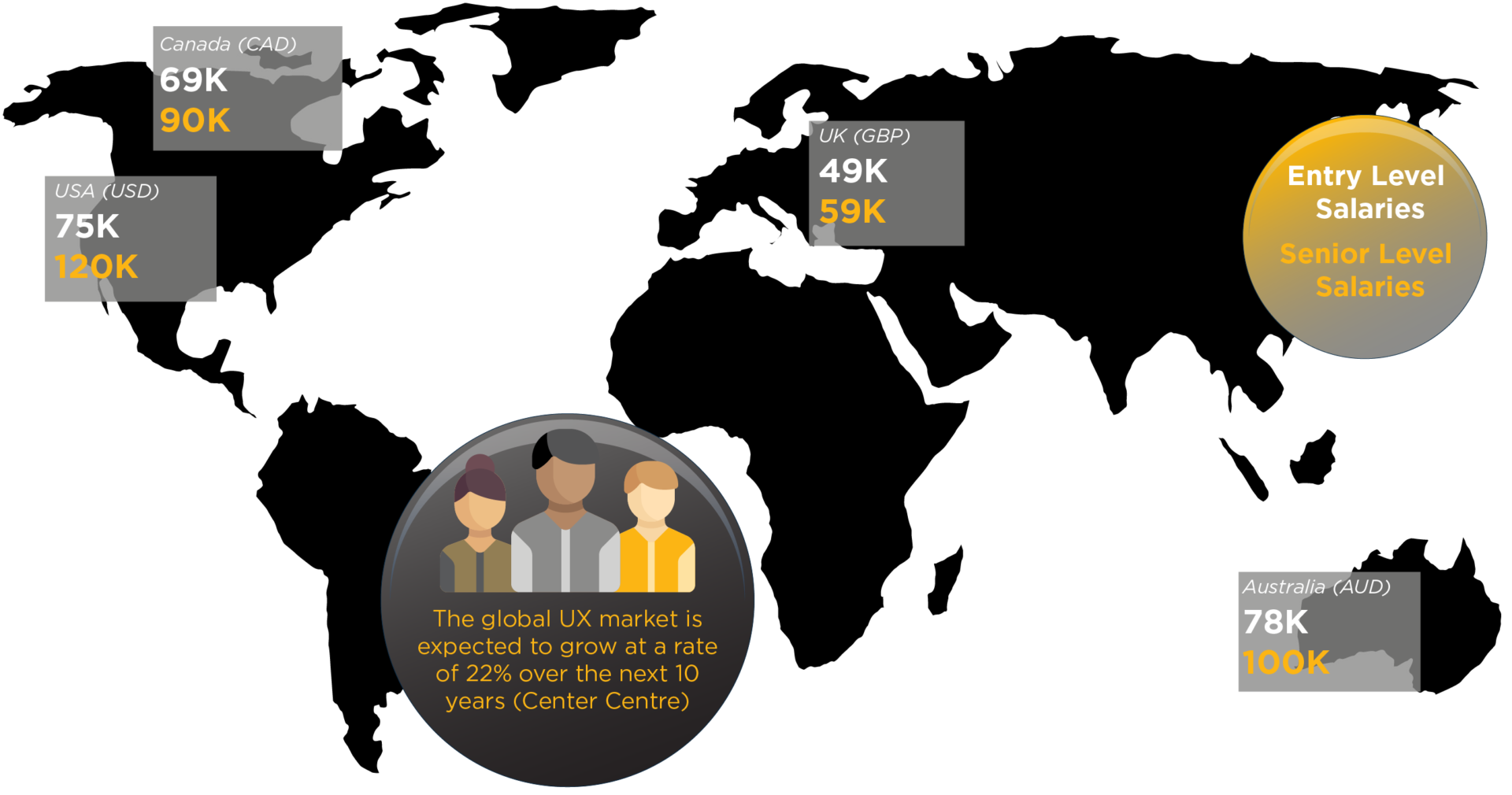
UX Researchers Are In Demand And Well Compensated…
Worldwide, there are 24,000 UX researcher job openings (UX Collective).
The global UX market is expected to grow at a rate of 22% over the next 10 years (Center Centre).
The average entry-level salary for a UX researcher is $75,000. This goes up to $120,000 for senior-level positions (Glassdoor).
73% of companies not currently conducting user testing plan to do so within the next 12 months (Intechnic).
70% of CEOs see UX as a differentiator (UserZoom); this translates to increased demand for UX professionals as the market becomes more competitive.
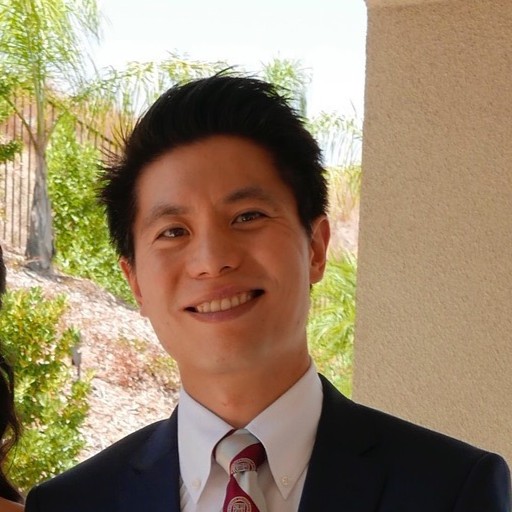
“The UX Career Library contains several pieces of information that are relevant for PhDs wanting to transition into UX. From covering the difference between basic concepts like UI, UX, and usability to the definition of roles/levels and how career progression can look in the UX field, passing by the job search process, and how to craft a UX portfolio.”

If You’re A PhD Looking To Transition Into Industry, See If You Answer YES To These Questions…
- Do you want to discover insights that inspire the development of products that customers will enjoy using?
- Do you want to understand users’ attitudes toward company products and develop strategies for improving them?
- Do you want to communicate with a wide variety of audiences, including the general public, UX team members, and company stakeholders?
- Do you want to use your academic background and business acumen to help managers understand how following your advice will improve a product’s performance in the market?
- Do you want to serve as the end user’s advocate inside the company?
- Do you want to work within a UX team to enable the development of an outstanding user experience?
UX Researchers Form An Exclusive Group
UX researchers earn fantastic pay, enjoy an excellent work-life balance, and shape the performance of company products with end-users.
But these are privileges that they’ve earned.
Members of this group speak their own language.
They know how to use research methods to discover customer attitudes toward company products.
UX researchers collect feedback from end-users and share it with the product development team to guide the product development process. Their work often determines whether a product succeeds or fails in the marketplace.
If you want to increase your chances of becoming an UX researcher, you can’t apply for this position blindly.
You need detailed information on your future position. During a job search, you can’t afford to show you don’t understand the UX process and the methods involved in UX research. You can’t risk revealing that you don’t know the implications of missing a key determinant of end-user attitudes toward company products.
To avoid blunders like these, you’ll want to know what a typical day looks like for a UX researcher.

The Key background UX Employers Are Looking For…
UX Researchers have a foundation that empowers them to meet the unique challenges of their position. Your future employer is looking for these qualities. You’ll want an insider’s perspective on how to demonstrate that you have the abilities needed to excel in your UX Researcher.
Get familiar with specific types of research methods and deliverables of the UX world. UX Researchers use different research methods and deliverables to find relevant insights from clients. To be successful, you’ll want to show that you recognize these methods, know how to apply each of them, and when is the best moment to apply them.
Once You’re A UX Researcher, You’ll Experience A Stunning Amount of Responsibility, Opportunities, And Professional Respect
When you envision using your PhD education, you probably think of a job with several key qualities: responsibility, professional respect, personal autonomy…
Those are some of the reasons you’re attracted to a UX researcher position, but here’s something that’s just as important:
These opportunities aren’t confined to the UX industry.
Becoming a UX researcher can also provide incredible financial opportunity.
If you’re currently conducting postdoc work, this can seem too good to be true…
After all, you’re used to earning a salary far beneath your education.
The median household income is $61,937 (U.S. Census Bureau).
But even though you have a PhD, you probably earn well below that figure.
The national average for postdoc positions is $48,759 (Glassdoor).
But when you become a UX researcher, you will be among the most sought-after professionals in a wide variety of industries, with financial opportunities you’ve never known before.
The average annual salary for an entry-level regulatory affairs specialist in the U.S is $75,000 (Glassdoor).
And don’t forget that this is for entry-level positions.
Senior UX researchers in the U.S earn $122,000 on average.
Additionally, positions in the UX field offer among the best work-life balance available in a PhD-level role.
Once you become a UX researcher, you’ll have the opportunity to branch into other roles such as research manager, UX designer, market researcher, and data scientist, among others.
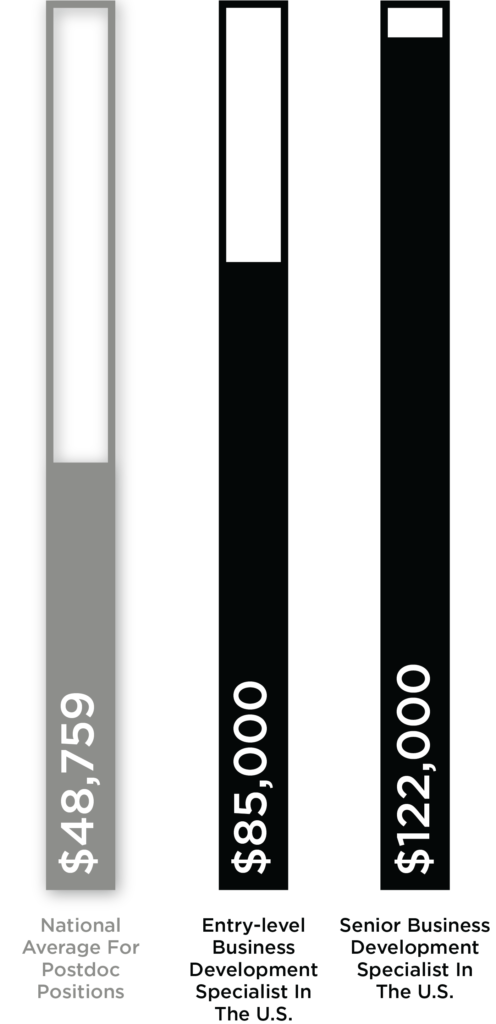
3 Important Reasons To Join The Association’s Diamond Program
1. You Want To Play An Active Role In Optimizing Products For End-users.
UX researchers implement studies to find out how to make products better for end-users. Thus, they play a key role in ensuring that company products provide an enjoyable experience for customers.
2. You Want The Option Of Working In A Wide Variety Of Industries.
The UX industry continues to expand as more companies understand the impact of UX on profitability. As such, UX researchers have the option of working for several different company types and a variety of sectors- from technology to finance to education and more!
3. You Want To Give Company Products An Edge Over The Competition.
As a UX researcher, your work will strongly influence how customers view a company’s products compared to its competitors’. These views often determine whether a product succeeds or fails.
The User Experience Career Library Can Pay For Itself In 4 Days Or Fewer Once You’re Hired
A UX Research Position Has You Earning Over $1,500 A Week And Over $200 A Day…
If joining the Association’s Diamond Program puts you in the field even one week faster, the investment will have been worth it.
After that one payment, you’ll have access to all Cheeky Scientist materials, and if you secure your position, you can share your insights with other PhDs like you.
The User Experience Career Library Includes Board Validation And An Ongoing Renewal To Ensure You Are Always Validated As An Capable UX Researcher
The User Experience Career Library was created and is maintained by a board of UX Researchers.
As such, each module includes a board-validated exam, and once you pass all exams, you will receive validation from our board.
The UX Career Library Mission
In the User Experience Career Library, we’re committed to supporting you on your journey to landing a top UX researcher position.
To achieve our goal, we’ve provided advanced, actionable strategies for success. Our program includes extensive mentoring from practicing UX industry professionals, current UX-targeted resume templates, and an intimate group of leading and aspiring PhD-level UX researchers to support your transition.
We understand why you want to break into this industry.
You want to translate your research background into products that are easy and enjoyable for customers to use.
You want to help managers and UX team members devise strategies for improving user attitudes toward company products.
You want to impact a product’s performance in the marketplace, work with different departments of a company, and serve as a mediator between the company and the end-users of its products.
But here’s the reality…
Just because this field is growing doesn’t mean it isn’t competitive.
Frankly, you’re going to need more than a cursory knowledge of the UX field to make the best impression with your future employer.
We can help you do just that.
The information we’re providing—from videos to resumes—is laser-targeted for UX researcher positions and is exclusively for PhDs.
There are nuances to the UX field that you will find nowhere else.
The UX Career Library was built by practicing UX professionals who are familiar with these nuances. They can provide you with tools and advice on how best to secure a position.
To win over your future UX employer, you will want to demonstrate that you are an expert in the UX field, understand the goals of the company, and can combine your research abilities with business acumen to optimize a product’s attractiveness to customers.
You don’t need to pay thousands of dollars to understand what your employer is looking for.
In the User Experience Career Library, we provide extensive mentoring and personalized support. And our materials are specifically designed to help you showcase both your natural talents and your PhD expertise so you attract the attention of top companies.
As A PhD, You Can Transition Into An UX Researcher Role
You earned your PhD with knowledge and hard work.
Achieving a UX Researcher position is no different.
You have the work ethic to make this happen.
You simply need targeted, laser-focused knowledge of the UX field.
We’re here to decrease your learning curve.
And our goal is the same as yours: securing that UX Researcher job.
We’ve done it.
We’ve helped other PhDs do it.
And you can do it too.
We’re inviting you to join the Association’s Diamond Program.
Now is the time to close the gap between where you are and where you want to be.
The User Experience Career Library Is A Private Group Of Practicing UX Researchers and PhDs Like You
Our exclusive group is private and provides a number of UX mentors, ensuring we can provide personalized guidance.
The mentoring is hyper-focused and the private group support prepares you for the unknowns of interviewing for a UX researcher position.
In the private group, top UX Researchers currently working in industry are committed to providing a high level of service within this intimate community.
This means you’ll enjoy a high ratio of mentors to members.
You’ll appreciate how the UX Career Library is designed to provide personalized guidance and swift feedback.

Imagine Walking Into Your First UX Interview, But You Don’t Know…
- The differences between UX, usability, user interface, and customer experience. As a result, you make statements that reveal you have little knowledge of the UX field.
- The roles a UX researcher is supposed to perform during each step of the product development cycle. You know only the most basic information about your role, and the questions you ask during the phone screen show it.
- What to do when you are asked to present your portfolio or solve a mock scenario during your interview. You panic at the realization of your lack of preparedness and stumble awkwardly through the tasks you are asked to perform.
The UX Career Library Guarantees You Will Get Hired Into A UX Researcher Role No Matter Your PhD Background…
…the User Experience Career Library can translate your field of study into an industry position that puts you on the front lines, performing quantitative and qualitative research that help improve varied products across different industries.
Your PhD has given you the academic background that’s critical for securing these jobs.
But the User Experience Career Library can help you prove that fact to employers.
We’ll give you information that’s uniquely relevant to the UX researcher position – not data science, market research, or any other field.
The result is intensive, concentrated mentoring that reveals how to integrate your academic background, your transferable education, and your knowledge of the UX field into behaviors that will help you land a position.
When You Join the Association’s Diamond Program, You’re Joining A Program Designed Around Knowledge That Helped Other PhDs Land Their UX Researcher Jobs
The UX Career Library was built on tried and true principles that other, current UX Researchers used to land their positions.
The program is run by UX researchers who’ve landed industry positions and know which abilities you’ll need to leverage to improve your chances of being hired.
On top of that, the information you’ll gain in the UX Career Library were those that other PhDs just like you used to land their first UX researcher position to help liaise between users and internal stakeholders in companies in all sectors.
Now that these UX researchers have used their experience to successfully transition into industry, they can look back on what helped them secure their UX job.
The Private Group Provides Targeted Support
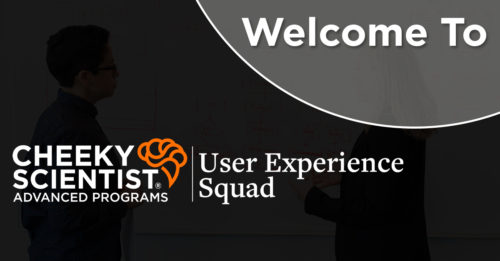
Joining the Association’s Diamond Program lets you tap into targeted support from the UX Researchers who oversee the program and former students who’ve now landed UX researcher positions.
In the privacy of the online group, you’ll be able to ask questions about your resume, gain insights into interview experiences from transitioned UX researchers, and interact with like-minded PhDs. That means you can engage in conversations on questions, topics, and challenges relevant to the UX field.
This group is also exclusive. Only Cheeky Scientist members can see and respond to the messages in the private group.
The exclusivity of the group allows you to freely share ideas with fellow PhDs, request referrals from other UX researchers, and get the advice you need when you encounter challenges.
You’ll get immediate access to a top global UX research network exclusively for PhDs once you join…
Here’s the Targeted Mentoring You’ll Receive From The User Experience Career Library...
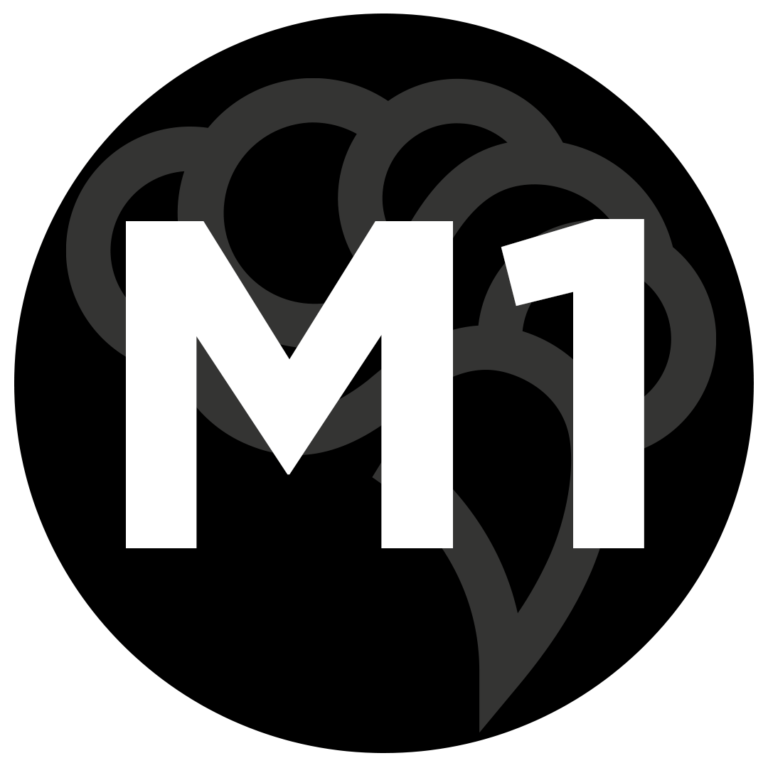
Module #1
Breaking Down The User Experience (UX) Field
You know you want to be a UX researcher. You want to develop needed familiarity with the responsibilities that come with the role and how it fits within the UX industry. This module covers…
- What UX Is. This module explains the value of the surging UX field and defines UX industry-specific terminology. You’ll learn how UX research works with UX design to generate a product that delights customers.
- The UX Research Process. This module outlines the steps of the UX research process and how UX researchers approach each step. It describes the overall approaches and specific methods UX researchers employ to understand users’ attitudes when interacting with a product.
- UX Researcher Responsibilities. This module details what activities UX researchers are expected to perform throughout each stage of the product development cycle.
- Who Hires UX Researchers. This module outlines the different sectors and types of companies that hire UX researchers. You’ll learn the general similarities and differences among UX researcher roles at different types of companies.
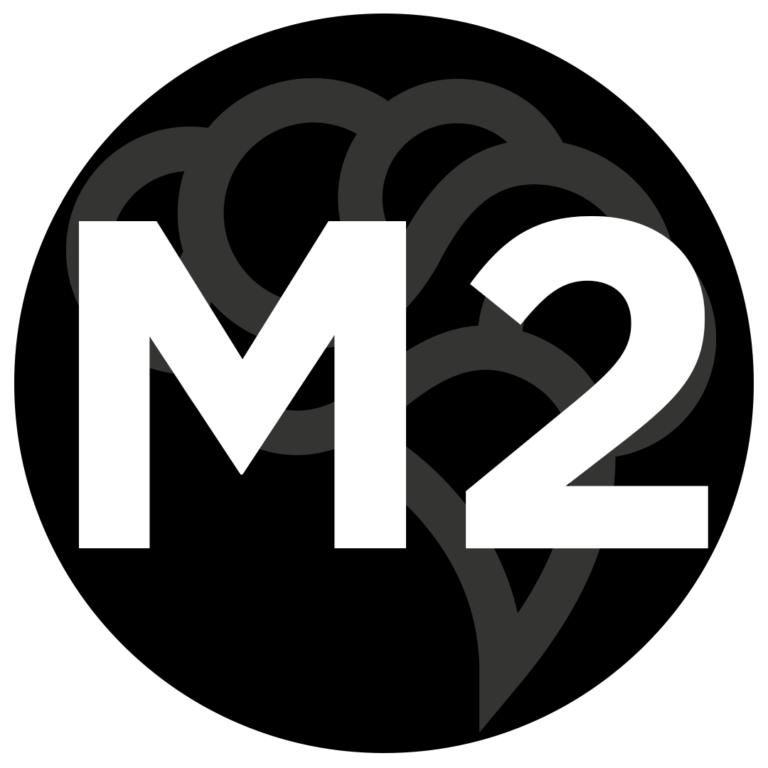
Module #2
What Makes A Successful UX Researcher?
You want to know what being a UX researcher looks like day to day and what abilities are needed for success. This module covers…
- Earning Potential And Lifestyle. This module presents UX researcher salary ranges based on experience, geographic location, and company size. It also describes the lifestyle of a UX researcher and the factors that contribute to job satisfaction in the UX field.
- A Day In The Life Of A UX Researcher. This module delineates the main activities that UX researchers must perform on a day-to-day basis. You’ll learn about each of these activities in detail and how much time a UX researcher should expect to contribute to each to achieve their objectives.
- Essential Education For UX Researchers. This module details the most sought-after technical and transferable knowledge for UX Researchers. It also explains how you have already developed these abilities during your PhD.
- Professional Resources. To be a top performer in UX research, you will need to hone your talent before, during, and after your transition. This module points you toward professional groups, conferences, blogs, and more that you can use to ensure you stay up to date with the rapidly evolving UX industry.
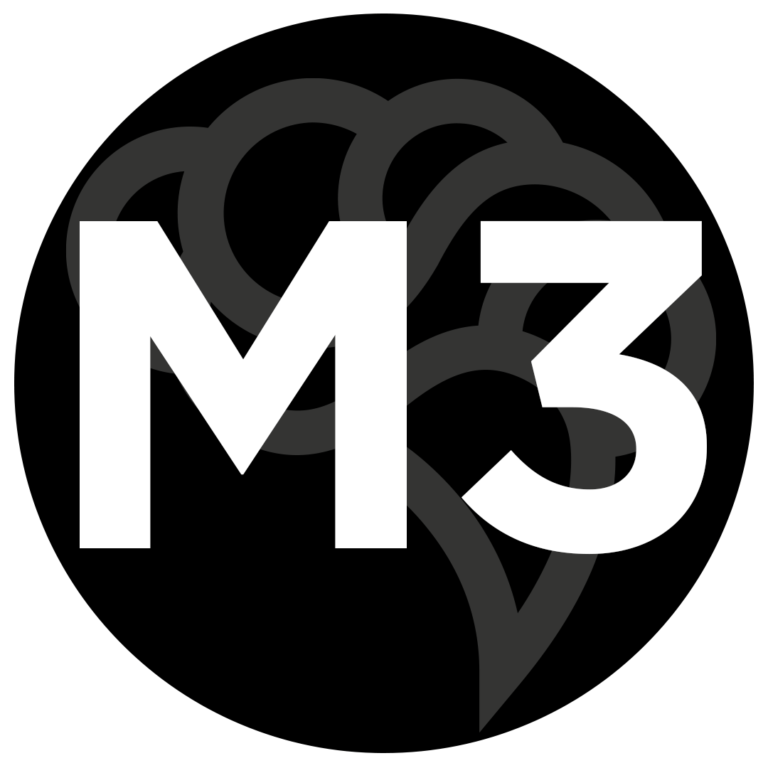
Module #3
Getting Hired As A UX Researcher
When it comes to securing a job offer as a UX researcher, you can significantly improve your chances with the right techniques. This module covers….
- Job Search Toolkit. To transition into the UX industry from academia, you will need to reframe your PhD experience using industry-specific keywords. This module provides key insights to help you accomplish this task through your resume, LinkedIn, UX research portfolio, and networking.
- Building Your Portfolio. A strong UX research portfolio can provide a competitive edge to prospective UX researchers. Additionally, assembling such a portfolio can help you organize your experience. This module explains what your portfolio should include and how to structure it.
- The UX Researcher Hiring Process. This module describes the phone screen and interview process for UX researchers. You’ll find out how to prepare for both video and on-site interviews, including what specific questions you can expect.
- Interview Tasks. You will likely be given tasks to test your UX research and communication abilities during your interview. You’ll learn what these tasks are and what you can do to make sure you are ready for them.
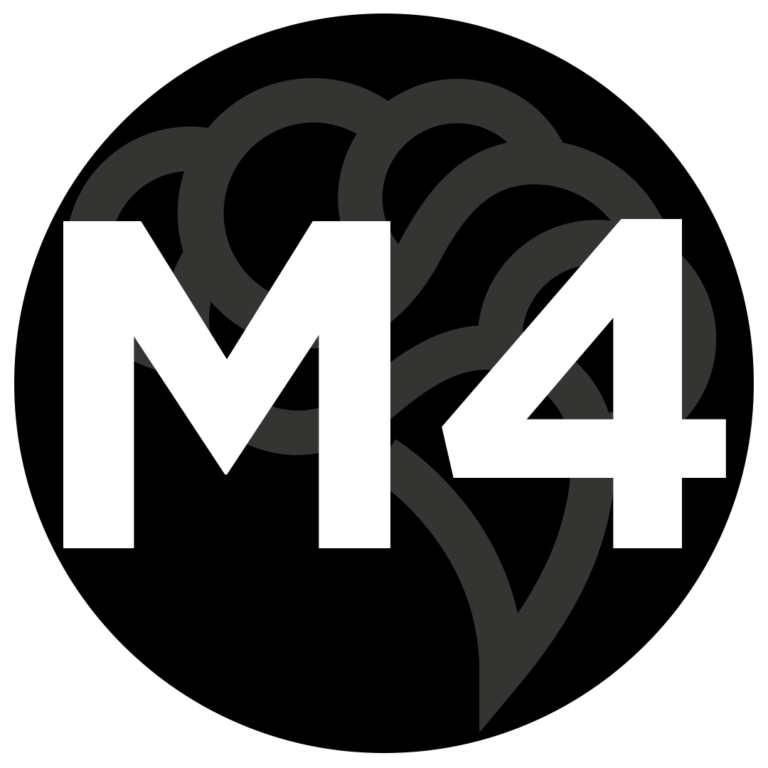
Module #4
UX Career Trajectory
Now that you have secured a position as a UX researcher what next steps should you take to continue growing professionally and personally? This module covers…
- The First 90 Days. This module explains what to expect and how to behave during your first few months on the job to set yourself on a trajectory for long-term career success.
- Vertical Career Progression For UX Researchers. You’ll learn the most common vertical moves in the UX industry and how long it generally takes to climb the ladder.
- Horizontal Moves Within The UX Industry. As a UX researcher, you will gain professional abilities that are in-demand for other UX Industry roles. This module outlines these jobs and how you can leverage your experience as a UX researcher to transition into one of them.
- Future Career Paths. Your UX researcher abilities are readily transferable to several different PhD-level jobs in other top industries. You’ll find out what professional experience you will need to highlight and those you may need to build if you select one of these roles as your next career step.
As Soon As You Join The Association’s Diamond Program, You Will Also Get Immediate Access To The Following…
- A complete guide that provides practical information on UX research. You’ll learn what a UX researcher does, how the UX field operates, where to find out about current industry trends, and more. You’ll enter the job search knowing exactly what you’re looking for and what your future employer expects from you.
- The UX Career Library describes what you’ll experience in a typical week – from designing research to collecting information about end-user experiences to communicating actionable findings from these studies to the product development team. Instead of entering your interview wondering what you don’t know, you’ll be prepared to ask questions that will help you determine if you want to accept a job offer from the company.
- Discover what industry sectors and types of companies would best suit your academic background and personal interests. Gain knowledge from industry insiders that will help you make savvy decisions as you vie for a UX researcher opening.
- Learn the essential professional experience for UX researchers. Discover how to translate your experience in research, data analysis, and strategic thinking into insights that empower the creation of the ultimate user experience.
- Detailed information on the methods and metrics used in UX so you know how to converse with UX industry professionals. You’ll understand the challenges facing every UX project. With the UX Career Library, you’ll gain knowledge that shows a potential employer that you’ve done your homework and you’re prepared for a successful industry transition.
- The UX Career Library thoroughly explains the UX process. You’ll learn how to design research to collect user data, how to articulate user needs to internal stakeholders, and the overall value of UX research to industry.
- Gain important insights into the steps of UX research and your expected role in each phase of the product development cycle. You’ll fully understand your role in ensuring a product’s success in the market.
- Discover how to translate your knowledge of the UX field into questions that will impress your future employer. The UX Career Library provides important advice to help you showcase your knowledge and passion for the field.
- Access to the private online group: an exclusive circle of UX researchers and fellow PhDs where you can communicate about critical topics, request referrals, and ask for the input of other UX Professionals. Only Cheeky Scientist members are allowed access to this group.
- Gain guidance from practicing UX researchers on your upcoming interview, your newly created resume or portfolio, or your recent job offer. They’re in the field and can provide advice that’s targeted to your specific needs and questions.
- Enjoy meaningful conversations with other PhDs in the group to discuss the latest development in your job search, your current challenges, and more. Learn from PhDs who’ve made the transition and ask for referrals.
- Leverage the private group to find other UX researchers or PhDs you can connect with. Find members by their name, location, educational background, or other characteristics to aid your job search.
- Comprehensive mentoring that takes you from understanding the UX field to securing your first job. After laying a thorough foundation for your position, the UX Career Library will cover everything from networking to how to practice for your job interviews so you’re prepared for the hiring process.
- Over the course of four modules, you’ll enjoy information-packed workbooks, numerous in-depth videos from UX Researchers, and exams to help you cement the concepts covered. Your mentoring is a crash course on what you need to know to improve your chances of securing a position.
- Discover effective techniques for successfully pinpointing the best companies, targeting your resume for UX Researcher positions, conducting informational interviews, and more. The UX Career Library will show you how to tailor your job search for an offer in the UX field.
- Discover the career options available to UX Researchers. With the UX Career Library, you’ll be able to look ahead to the future opportunities your new position may create.
- What you need to know about communication as a UX Researcher, no matter your level of extraversion. The UX Career Library will underscore the communication techniques that will make a positive impression on your future company and will uniquely qualify you for the role.
- Gain critical insights into the knowledge needed to successfully transition from your postdoc work to a life as a UX Researcher. The UX Career Library will show you how to showcase the abilities that will get you hired.
- Discover what hiring managers are looking for during interviews. With the UX Career Library, you’ll get important tips for how to behave so you distinguish yourself from other candidates.
- Extensive resources that help you learn in a variety of ways about the UX field.
- The User Experience Career Library provides instant access to extensive video content from UX Researchers. You’ll also gain workbooks, video transcripts, and resume templates for UX positions.
- The end of each module provides an exam to solidify the concepts you’ve learned during your mentoring. The UX Careeer Library will also provide monthly webinars on important topics relevant to your job search in the UX field.
The UX Career Library Is NOT For You If...

You’re Tired Of Research
Like all PhDs, you started graduate school with a passion for research. But after years of working toward your thesis, you dread designing another study, performing another experiment, or analyzing a new data set.
UX Researchers are tasked with devising and conducting studies of user interactions with products as well as communicating their findings within the company.
If you want to apply your research experience in setting different than performing the research yourself, then the UX Career Library is not for you.
The UX Career Library is for PhDs who want to continue using research to help solve real-world problems.

You Don’t Like Incorporating Feedback
More than likely, you’ve encountered this person in academia.
This person couldn’t be bothered to hear suggestions to improve their work. They would just stick to their own ideas no matter what.
UX Research doesn’t work that way. Because of the nature of their research, UX Researchers need to incorporate feedback from users.
If you love making discoveries but are determined to stick exclusively with your ideas, then the UX Career Library isn’t for you.
The UX Career Library is designed for PhDs who want to use their empathy and ability to listen to figure out how to change a mediocre product into one that delights users.

Interpersonal Interactions Drain You
You enjoy all research activities, but you find yourself confused and exhausted by human interactions.
UX Researchers need to be able to understand users’ experiences with company products and communicate that understanding with the UX team.
If you like uncovering actionable insights but don’t want daily immersion in human behavior, the UX Career Library is not for you.
The UX Career Library is designed for people who find human behavior engaging and who know that finding ways to make a product enjoyable to use will enable the product’s commercial success.
Get Access To The User Experience Career Library & Network
If you’re determined to be a UX Researcher and you’ve chosen the User Experience Career Library to make that happen, we’d like to welcome you.
As practicing UX researchers who oversee the UX Career Library at the Cheeky Scientist Association, we know firsthand the challenges you face, the questions you have, and the information you’ll need to succeed.
We’re ready to empower you to make the transition, and we hope to meet you in the private group soon.
To your success,
The UX researchers at the Cheeky Scientist Association
UX Career Library Board Members

Tushi Baul, PhD
Quantitative UX Researcher At Facebook

Thomas Falda-Buscaiot, PhD
Senior Training Experience Manager At Freeletics

Erika Spear, PhD
User Experience Researcher at AbswerLab

Marie-Catherine Wavreille, PhD
User Experience Researcher At Google

Theodore Lee, PhD
User Experience Researcher At Google

Isaiah Hankel, PhD
CEO At Cheeky Scientist
We help PhDs from every discipline get into many different types of careers, including UX Researcher.
We show you how to leverage the skills you already have to get hired into a myriad of industry jobs, including UX Researcher.
We show you how to get the job, not how to do the job because each company has their own proprietary systems and will teach you how to do the job through on-the-job training.
But, before you can get this training, you have to get hired first.
That’s where we come in.
We will guide you on how to use your PhD to get hired into UX Researcher.
